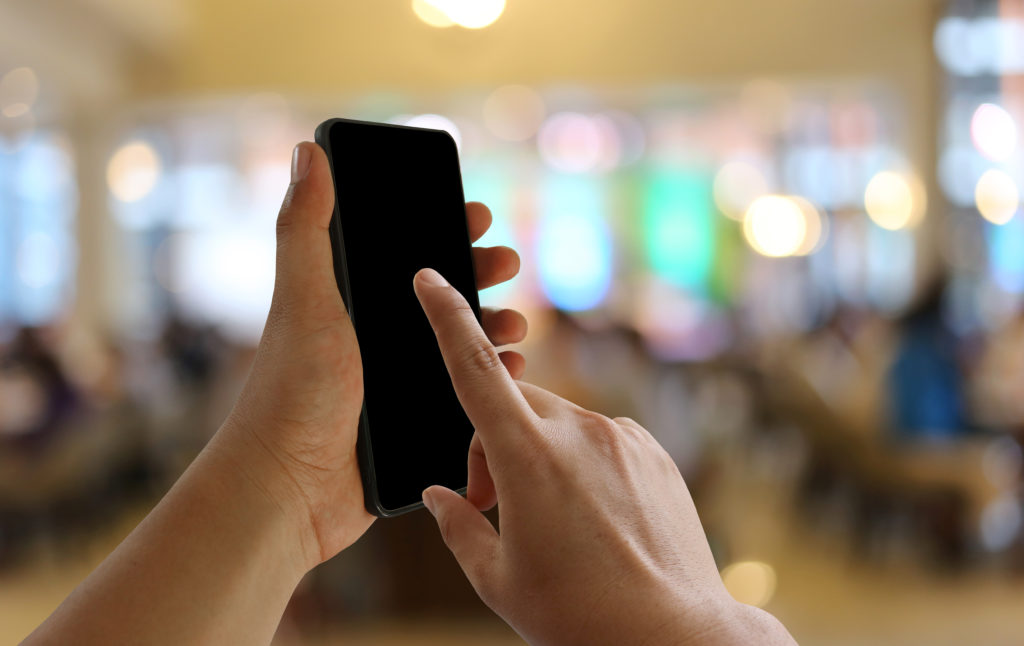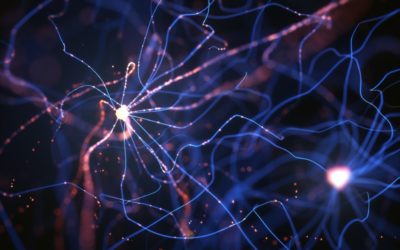Quick Hits
Daily brief research updates from the cognitive sciences
 Many people believe that using smartphones and other electronic devices is ruining our memories and ability to think or simply use our brains. Research has shown a more nuanced picture with some negative effects but also some positive effects.
Many people believe that using smartphones and other electronic devices is ruining our memories and ability to think or simply use our brains. Research has shown a more nuanced picture with some negative effects but also some positive effects.
This piece of research, just published, sounds counter-intuitive. Most of us would assume that using smartphones and other electronic devices decrease our ability to memorise things – quite simply because we do not need to remember so many things. We can simply look it up in a few seconds or store it on the phone.
So, what did these researchers around Dawa Dupont at the University College London find?
To measure this the researchers developed a simple task-based experiment using circles on a screen which had to be dragged to the left or right of the screen. These circles had rewards assigned to them and some were designated high-reward circles and low reward circles.
Participants could save the information in their smartphones and set reminders. Interestingly saving the information and setting reminders improved memory. This improved memory for the saved information but also for unsaved information as well (i.e. low value circles they had not saved). This shows that using a smartphone to “off-load” memory, in contrast to what we think it is doing, is actually improving memory!
However, ironically lower value information was remembered better so it does make sense to save high-value information and have a back up of this because digital devices can improve memory – but seem to shift it to prioritise less important information!

Andy Habermacher
Andy is author of leading brains Review, Neuroleadership, and multiple other books. He has been intensively involved in writing and research into neuroleadership and is considered one of Europe’s leading experts. He is also a well-known public speaker, speaking on the brain and human behaviour.
Andy is also a masters athlete (middle distance running) and competes regularly at international competitions (and holds a few national records in his age category).
Reference
Dawa Dupont, Qianmeng Zhu, Sam J. Gilbert.
Value-based routing of delayed intentions into brain-based versus external memory stores.
Journal of Experimental Psychology: General, 2022
DOI: 10.1037/xge0001261
More Quick Hits
Espresso Combats Alzheimer’s
Quick HitsDaily brief research updates from the cognitive sciences ay, more good news for us coffee drinkers! I am always interested in the research that is coming out with regard to coffee as a coffee drinker. Yes, so I am biased. Coffee had been...
New Brain Signature of Empathy Discovered
Different areas of the brain are associated with empathy – this new research shows how brain regions synchronise to induce empathic responses.
How Your Silent Synapses Boost Brain Power
A new form of “dark matter” has been proven to exist in the brains of adults – that’s good news!
Scientists Say They Know the Secret to Waking Up Alert
Who doesn’t want to wake up alert and sprightly – researchers may have the answer…
How Your Brain Slows You Down When You’re Sick
We all know that feeling of wanting to curl up and sleep when sickness hits – but how that is controlled was unknown. Until now that is…
How Immune Cells Can Rejuvenate Your Brain
There are many ways to rejuvenate your brain – but this is a new mechanism discovered…






